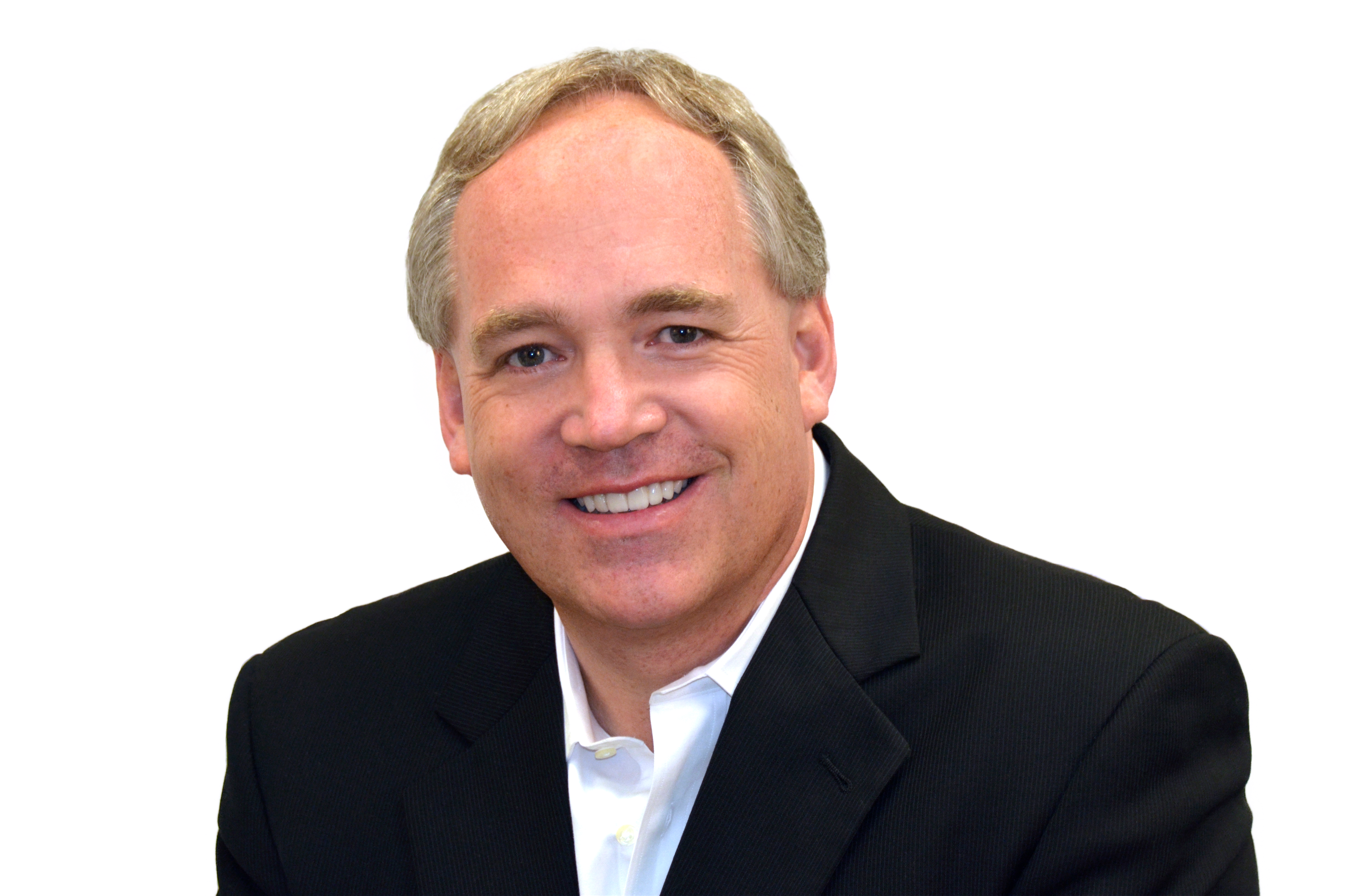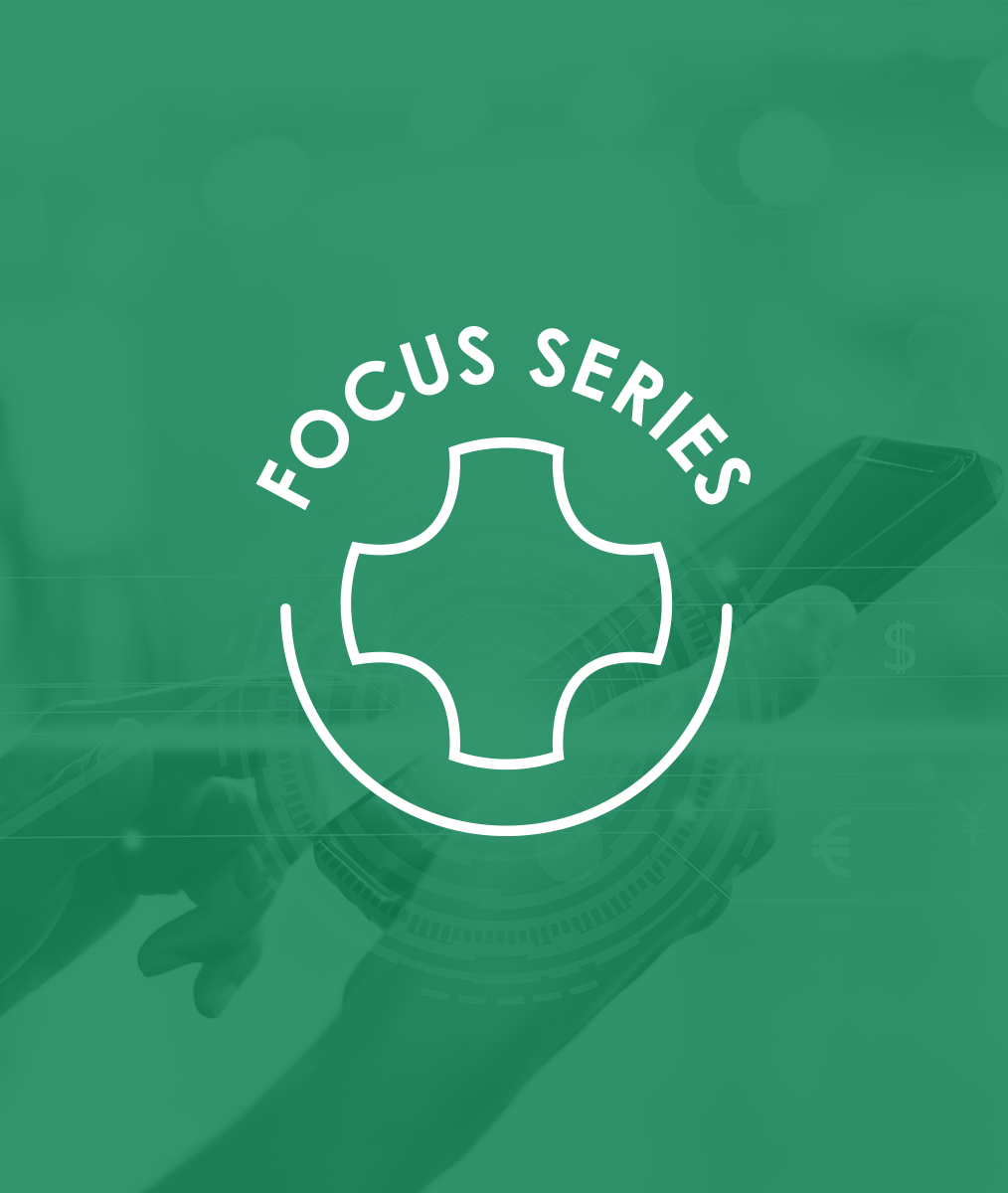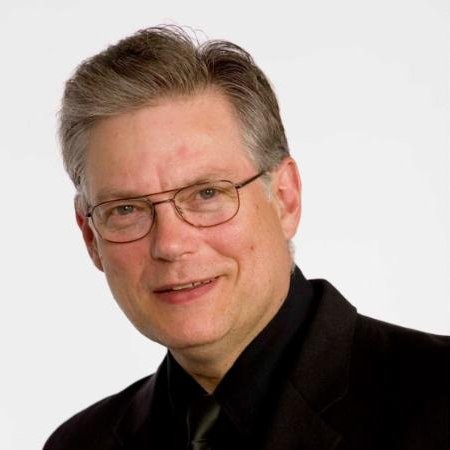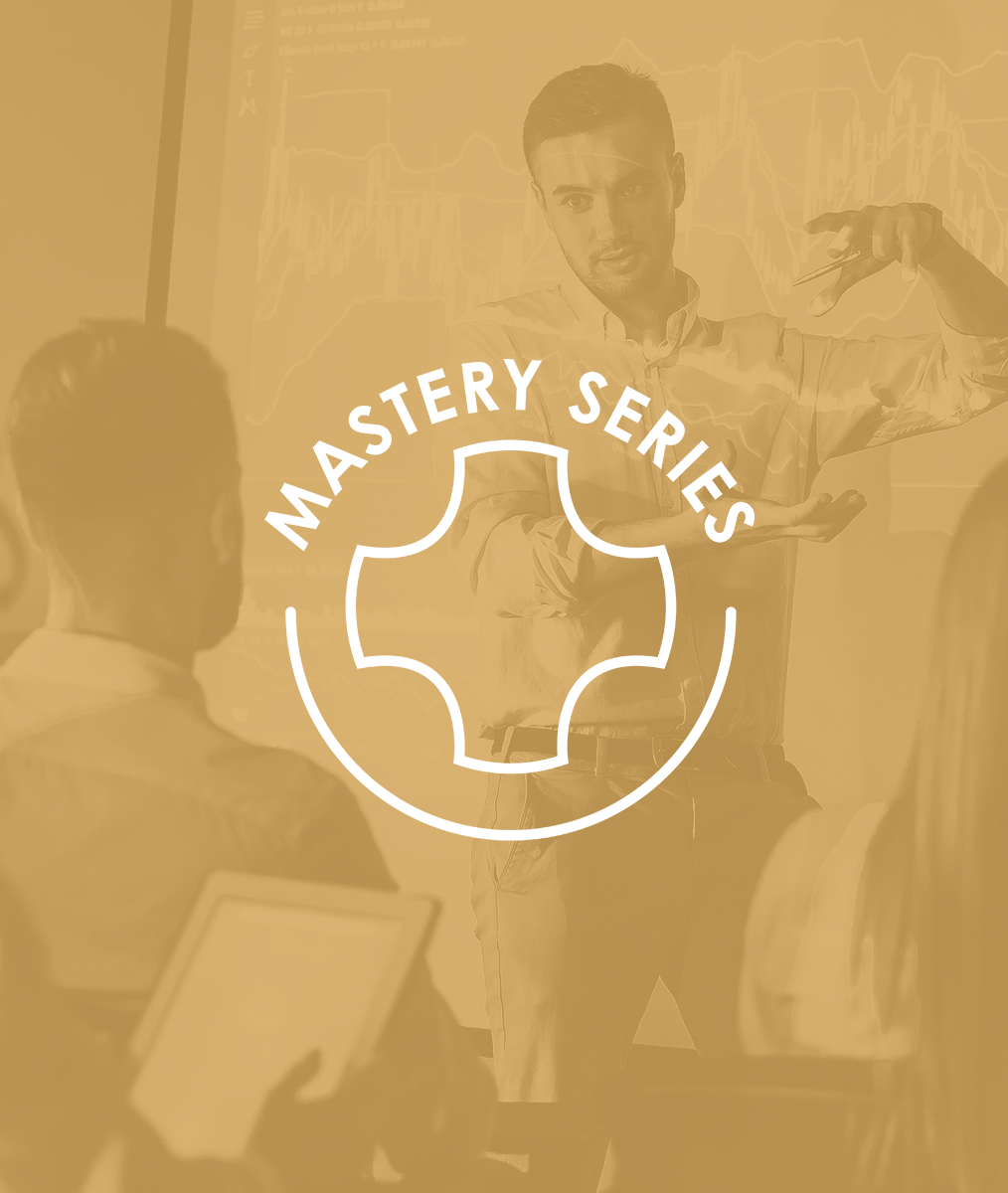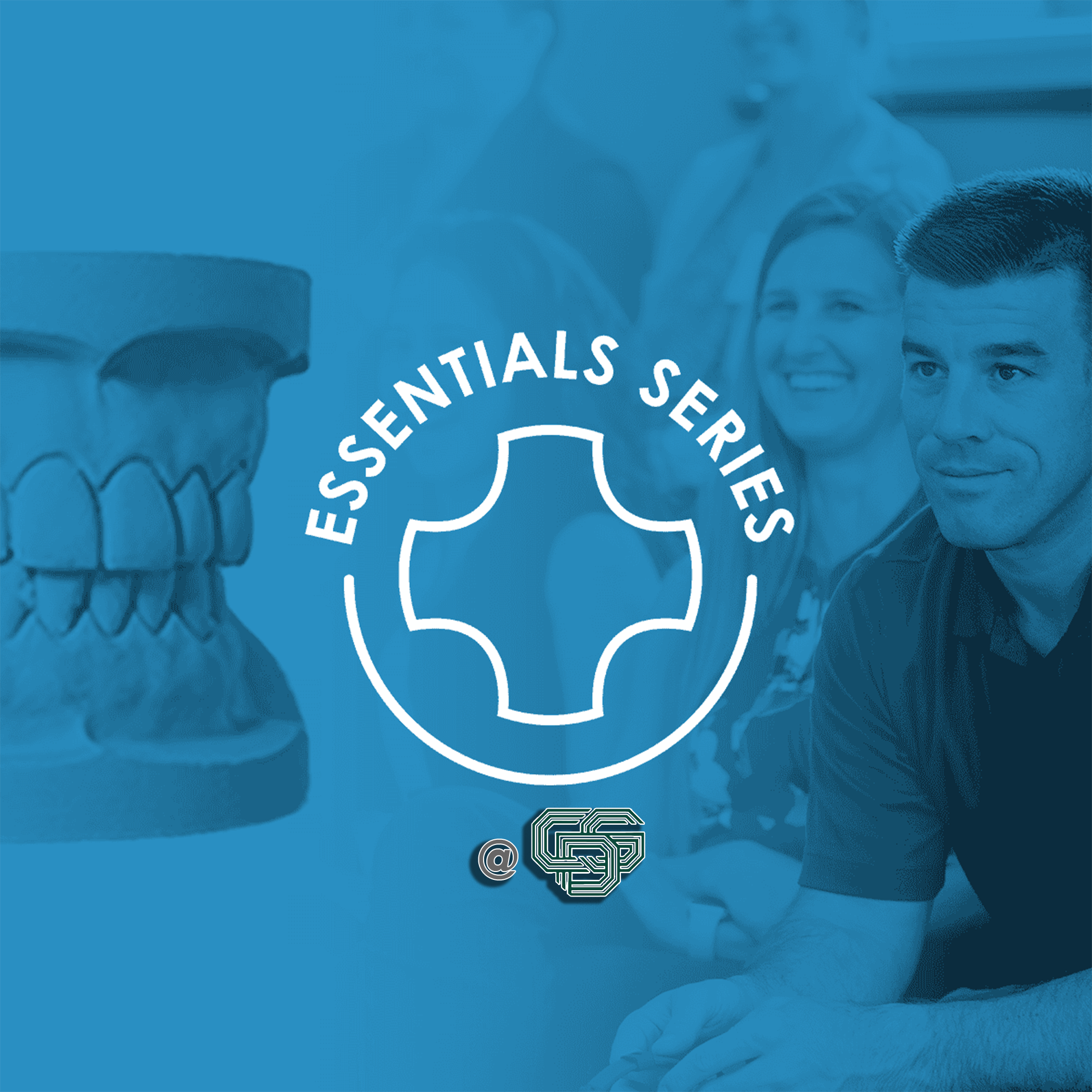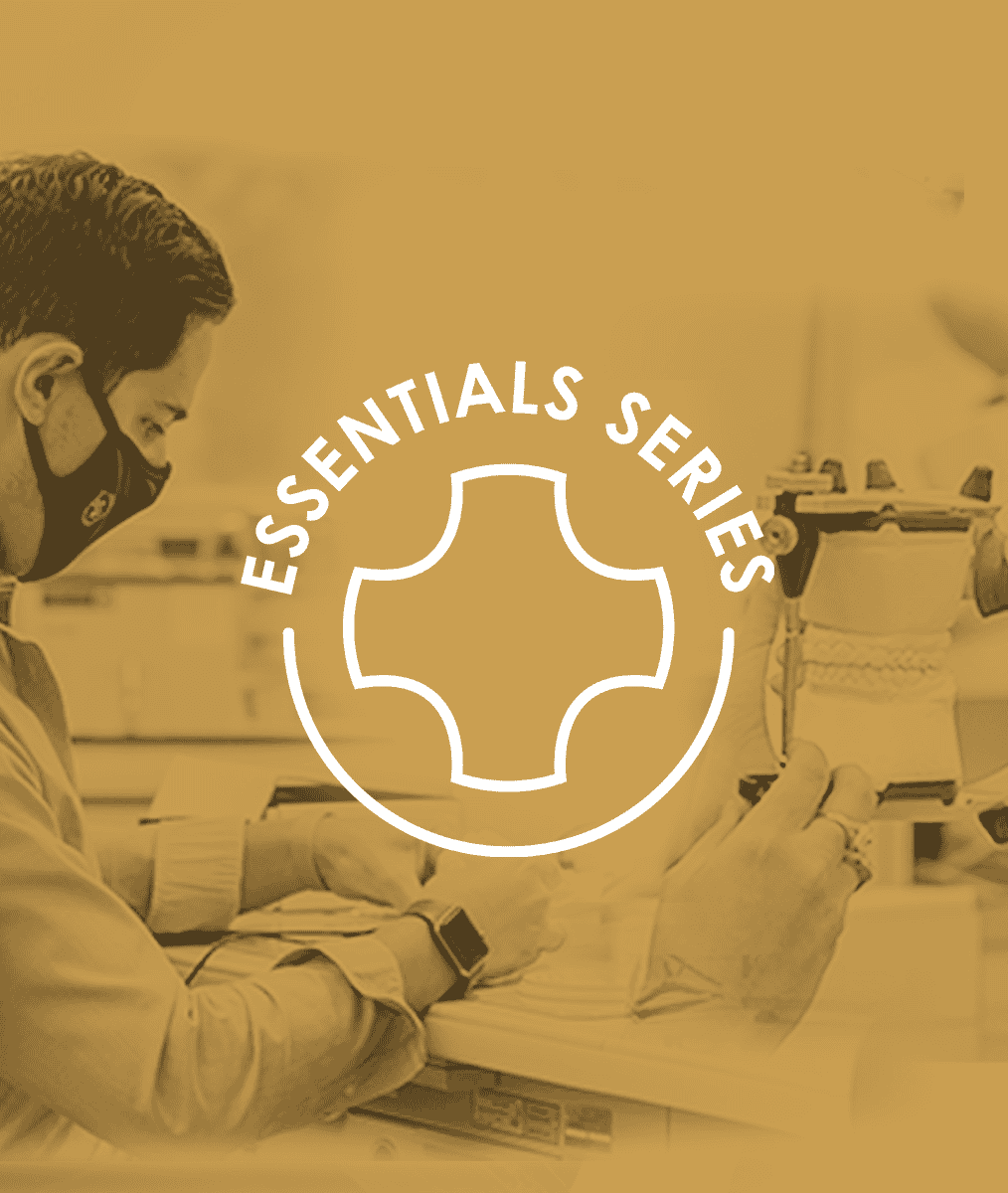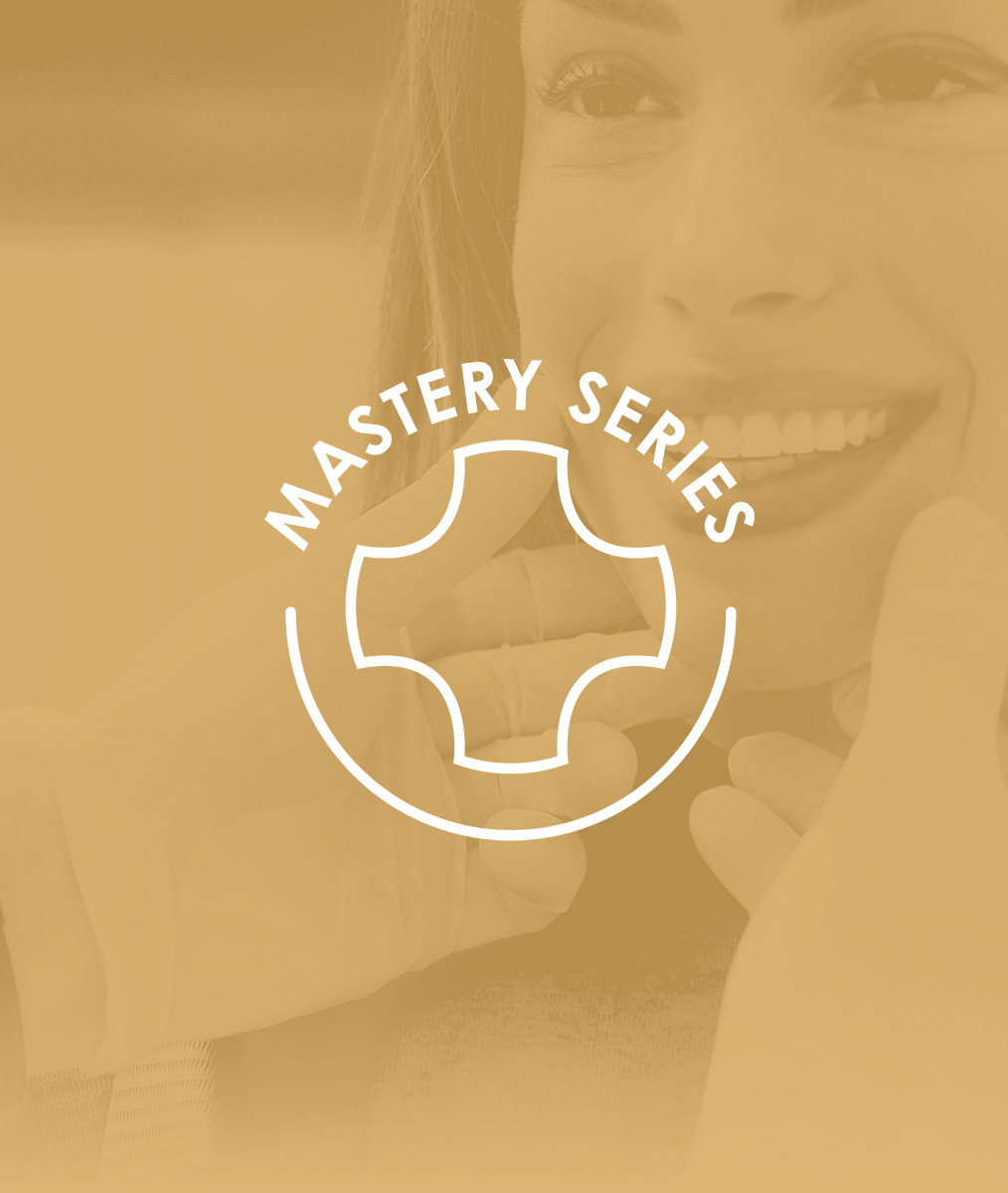The Power of BHAGs (Part 2)
By John C. Cranham, DDS
Even today, after decades into family life, dental practice, and continuing dental education, I sit down every January to outline my BHAGs (Big Hairy Audacious Goals) for the year. I block out the first Monday after Christmas to do this, but for the previous month, I’ve been thinking about what new goals will excite me most. I commonly do this type of thinking while I am exercising and driving.
It’s during these alone times that I can intentionally mull over the things I could do next. I pay close attention to which possibilities excite me most. Oftentimes, these are goals that I feel will benefit others.
Successful people have the ability to create daily behaviors that direct themselves towards their goals and take them forward on steppingstones. One of the simplest, yet powerful things I witnessed Dr. Pete Dawson do is how he started each day. He would go to his desk and spend 15 to 20 minutes writing six things on a 3×5 card. These weren’t a To Do list. These were six things that would direct him toward his next BHAG. He would place the card in his breast pocket. He did this day in and day out.
Two weeks before he passed, Pete came to my lake house on oxygen. When he arrived, I had to help him out of the car and into the house on his walker. I looked at his shirt pocket, and there it was, the 3×5 card.
We don’t have to use 3×5 cards to make notes for ourselves. We can use our phones. But it is powerful to reflect daily on steps that will take us in the direction we want to go and record those steps to lock them in our memory.
In dentistry, we need to carve out habitual time to think about our goals and steppingstones. We need to carve out time to take the identified steps. The point is to have a system in place where you are thinking about it every day, because there is so much coming at us all day long that we are at risk of drowning in the noise.
When we get caught up in the mundane, life is less interesting and less fulfilling. At least that has been my experience. When you sense you are becoming bored, you might just need to identify the next big goal that excites you. The challenge of getting there will bring you back to full life.
Related Course
E2: Occlusal Appliances & Equilibration
DATE: February 9 2025 @ 8:00 am - February 13 2025 @ 2:30 pmLocation: The Pankey Institute
CE HOURS: 44
Dentist Tuition: $ 7400
Single Occupancy with Ensuite Private Bath (per night): $ 345
THIS COURSE IS SOLD OUT What if you had one tool that increased comprehensive case acceptance, managed patients with moderate to high functional risk, verified centric relation and treated signs…
Learn More>







